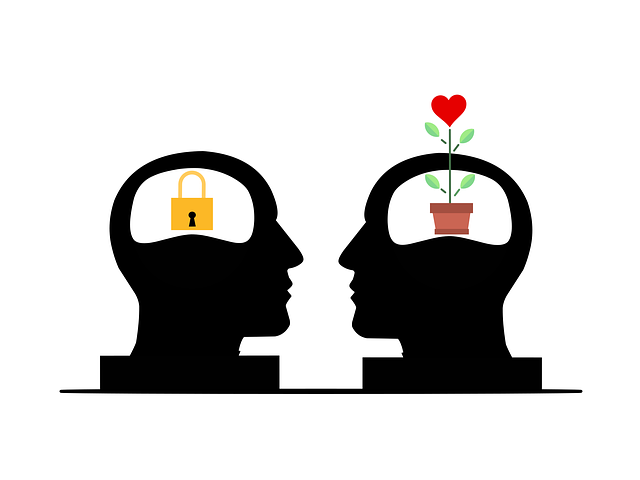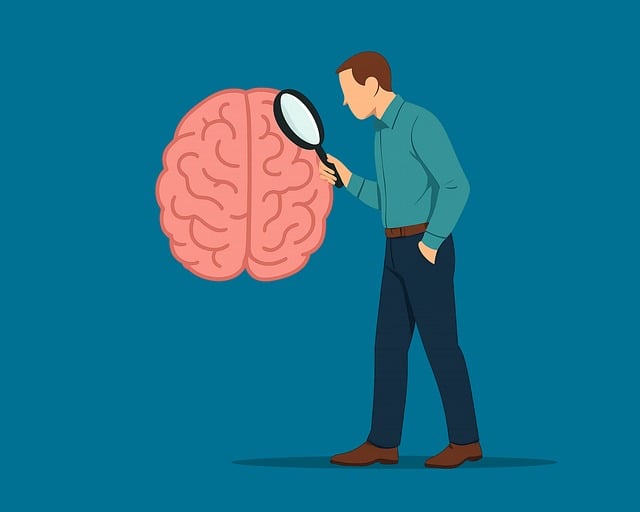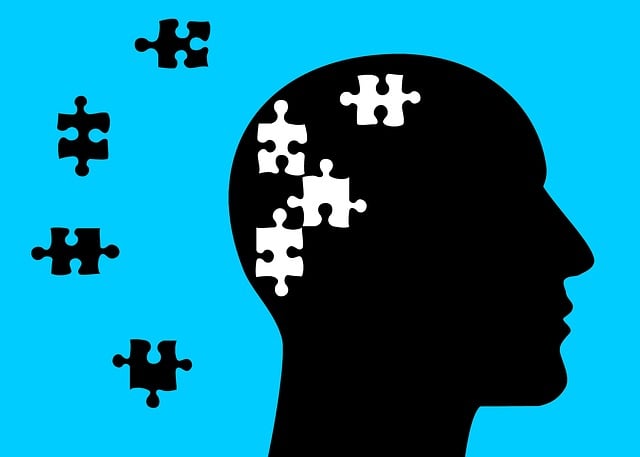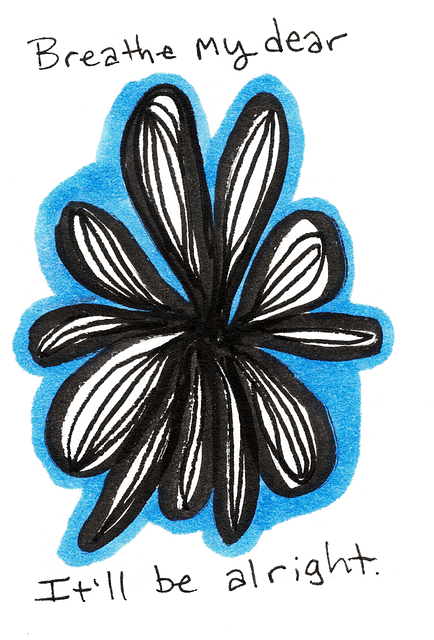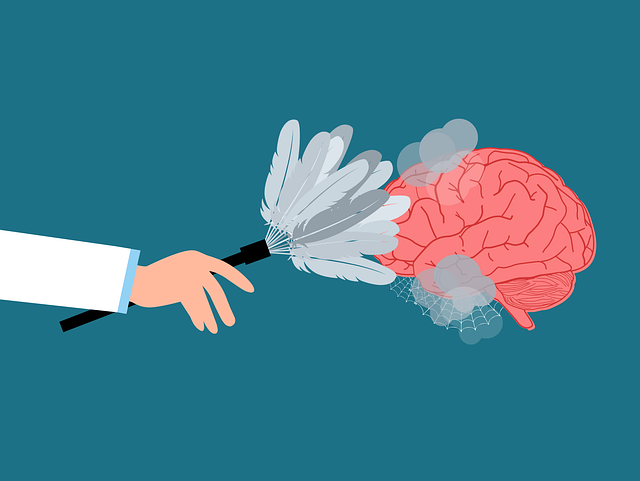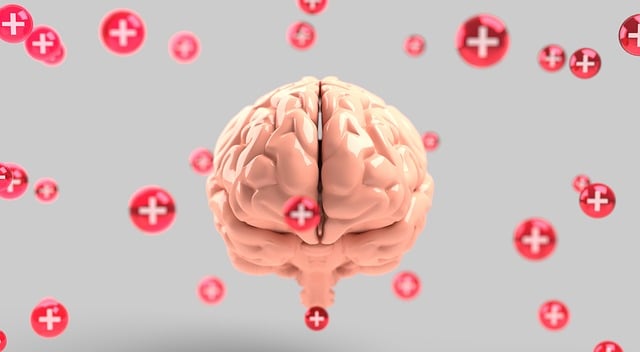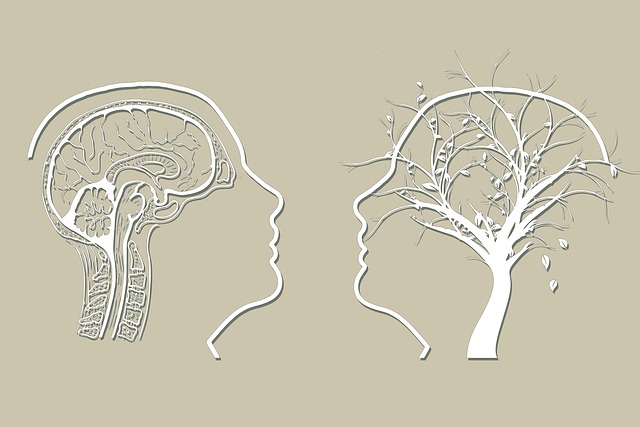Understanding and respecting the diverse cultural backgrounds of elderly individuals with chronic illnesses is essential in mental healthcare. Cultural competency training equips providers with the skills to create safe, inclusive spaces fostering trust and open dialogue. By adapting communication styles, considering dietary preferences, and incorporating tailored resources, healthcare professionals enhance patient engagement and improve therapy quality. This culturally sensitive approach not only benefits elders but also reduces provider burnout. Effective therapy for elderly patients with chronic illnesses involves combining evidence-based mood management techniques with empathy and respect for diverse cultural practices, leading to better treatment outcomes.
In today’s diverse society, cultural sensitivity is paramount in mental healthcare practice, especially when addressing the unique needs of elderly populations. This article explores the intersection of cultural diversity and mental health, focusing on strategies for culturally competent care. We delve into the specific impacts on therapy for elders with chronic illnesses, highlighting successful case studies. Understanding cultural nuances enhances therapeutic outcomes, fostering inclusive practices that honor diverse backgrounds and promote holistic well-being.
- Understanding Cultural Diversity in Elderly Populations
- The Impact of Cultural Sensitivity on Therapy for Chronic Illnesses
- Strategies for Culturally Competent Mental Healthcare Practice
- Case Studies: Successful Cultural Sensitivity in Elderly Mental Health Care
Understanding Cultural Diversity in Elderly Populations

Understanding the diverse cultural backgrounds of elderly individuals is paramount in mental healthcare practice. Elderly populations often represent a rich tapestry of experiences and beliefs that significantly influence their approach to therapy. Many older adults face unique challenges, such as managing chronic illnesses or adapting to changes in their lives, which can impact their emotional healing processes. These factors demand a nuanced understanding from healthcare providers to deliver effective support.
Cultural competency training for healthcare providers is essential in ensuring inclusive care for elderly patients. Learning about different cultural practices and communication strategies enables professionals to create safe spaces that foster trust and open dialogue. By embracing this training, mental health practitioners can better navigate the emotional needs of older adults from various ethnic, racial, and socioeconomic backgrounds, ultimately enhancing the quality of therapy for elders suffering from chronic illnesses.
The Impact of Cultural Sensitivity on Therapy for Chronic Illnesses

Cultural sensitivity plays a pivotal role in delivering effective therapy for elders suffering from chronic illnesses. In a world with an increasingly diverse population, understanding and respecting cultural nuances can significantly enhance the therapeutic process. Healthcare providers must recognize that each patient’s journey is shaped by their unique cultural background, beliefs, and experiences, especially when addressing long-term health conditions. For instance, incorporating culturally sensitive practices may involve adapting communication styles to suit different linguistic and non-verbal preferences, ensuring access to healthcare resources tailored to specific ethnic or cultural communities, and even considering dietary considerations when planning treatment plans.
When providing therapy for chronic illnesses among elders, a culture-conscious approach can lead to improved patient engagement and satisfaction. It fosters an environment of trust and understanding, encouraging open dialogue about sensitive topics related to health and wellness. Moreover, it enables healthcare providers to implement effective burnout prevention strategies for themselves, as caring for the emotional well-being of both patients and practitioners is essential. By building empathy and utilizing evidence-based mood management techniques, professionals can better support elders in managing their chronic conditions while also mitigating potential cultural barriers that might impact their mental health journey.
Strategies for Culturally Competent Mental Healthcare Practice

In providing therapy for elders with chronic illnesses, culturally competent mental healthcare practice is paramount. Healthcare providers must be adept at navigating diverse cultural backgrounds and beliefs to offer effective support. This involves actively listening to patients’ unique experiences and incorporating their cultural perspectives into treatment plans. For instance, understanding the impact of age-related changes within specific communities can inform tailored interventions for mental wellness.
Strategic approaches include adapting communication styles to suit individual preferences, ensuring cultural sensitivity in crisis intervention guidance, and promoting mental illness stigma reduction efforts. By recognizing and respecting cultural differences, healthcare professionals foster trust and create a safe space for vulnerable populations, especially those facing chronic health challenges. This holistic approach not only enhances the quality of care but also encourages open dialogue, leading to better outcomes for everyone.
Case Studies: Successful Cultural Sensitivity in Elderly Mental Health Care

In the realm of mental healthcare for the elderly, cultural sensitivity plays a pivotal role in fostering effective therapy. Case studies demonstrate that understanding and incorporating cultural contexts can significantly enhance treatment outcomes for seniors dealing with chronic illnesses. For instance, many older adults come from diverse ethnic backgrounds, each carrying unique beliefs and practices related to mental well-being. A culturally sensitive approach involves therapists adapting their methods to respect these differences, creating a safe and inclusive environment.
Successful examples involve integrating traditional healing practices alongside Western therapy. This might include incorporating mindfulness techniques rooted in Eastern philosophies for anxiety relief or encouraging positive thinking through cultural rituals. Such personalized care not only improves mental health outcomes but also fosters trust between patients and healthcare providers. Effective risk management planning for mental health professionals, therefore, includes a deep understanding of cultural sensitivity to ensure every patient receives the most compassionate and tailored support possible.
Cultural sensitivity is a cornerstone of effective mental healthcare, especially when addressing the unique needs of elderly populations with chronic illnesses. By understanding and appreciating cultural diversity, therapists can create safe and supportive environments that foster meaningful healing. The strategies outlined in this article equip professionals to navigate complex cultural landscapes, ensuring tailored care for every client. Through successful case studies, it’s evident that culturally competent practices not only enhance therapeutic outcomes but also enrich the lives of elders, promoting holistic well-being. By embracing these principles, mental healthcare providers can significantly impact the lives of their elderly clients, especially those grappling with chronic conditions, offering them respect, dignity, and the best possible care.

